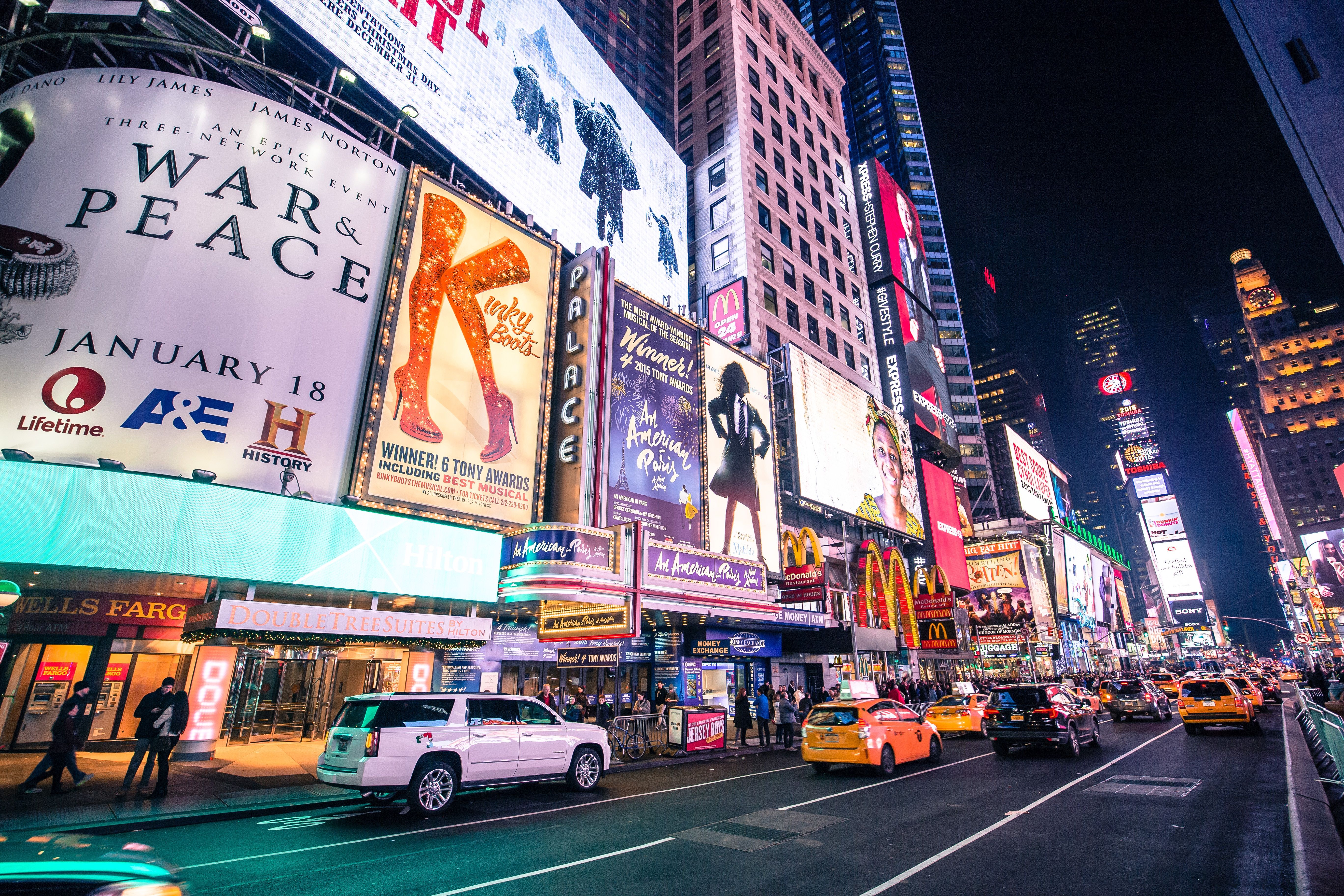Hamilton ticket prices row: is the theatre becoming too expensive?
Is £250 too much? This is the question people have been asking since the London production of Hamilton recently raised its premium ticket prices to £250. In a poll organised by The Stage in July 2017, 88.25% of 962 people believed West End tickets had become too expensive. The common misconception is that these high prices are excessive and restrict diversity among audience members.
Andrew Lloyd Webber argues that West End tickets are “incredibly reasonable” considering the cost of putting on a production. According to the Financial Times, most top musicals can reach a weekly expenditure of £250,000. Additionally, most theatres offer a large proportion of tickets at affordable and discounted prices. In Hamilton’s case, there are 240 tickets priced under £37.50 for every performance. The National Theatre offers a free membership scheme to anyone aged 16-25 where tickets to all their productions cost £7.50. The Almeida sells second price-band tickets for £25 and less to those unemployed, under 30, and over 65. Even the Royal Opera House has 150,000 tickets that are less than £25 and some tickets costing as little as £3. There are also websites, such as comparetheatretickets.com, offering the best ticket deals from major ticket agencies where tickets for Les Misérables are as cheap as £15.
Most theatres offer a large proportion of tickets at affordable and discounted prices
The increase in theatre ticket prices is also a means of combating touts. Hamilton is using a paperless ticketing system which prevents touts from reselling the tickets at thousands of pounds. The buyer will need to swipe a credit card to enter the theatre. Online bots are often responsible for taking most of the tickets for the most popular shows causing huge price inflation. Recently, tickets for the National Theatre’s production of Network were being sold on ticket resale websites, such as Viagogo, for up to £800 when they had originally been sold for £20-90. Since Hamilton’s measures to prevent ticket scalping have been implemented, the number of listings per performance on StubHub has dropped by almost half. The profit made by touts is dropping as resale prices have barely risen since the price increase.
The theatre is sensitive to different peoples’ economic situations. To some people money is no obstacle so they are willing to pay a three-figure sum to see a show, whilst for others it is their primary concern. Price discrimination can often improve a theatre’s profits in comparison to uniform pricing. The profit made from the premium seats is used to make other tickets more affordable.
The profit made from the premium seats is used to make other tickets more affordable
Mark Shenton, associate editor of The Stage, points out that theatre is a “minority activity” and that popular shows are comparable to luxury items. Even the largest theatres in London can’t hold more than 2,500 people; compare that to the Wembley Stadium’s 90,000 seats. Shenton explains how high-level donors and memberships are what fund the theatres and although this may create a separation in class, it’s a way of regulating supply and demand. Thomas Schumacher, the President of Disney Theatrical Group, compared the best seats at the hottest Broadway shows to a deluxe suite in a luxury hotel or a nice restaurant on New Year’s Day – there are affordable seats, but you have to pay more to get the best.
The average Ed Sheeran concert ticket is around $200 in the U.S. and around £80 for his upcoming 2018 UK tour. Additionally, the basic standing tickets for Beyoncé’s Formation Tour in 2016 were around £90. A season ticket for Arsenal can be as much as £2,000 and as with every music concert or football match, the best seats are the most expensive. The theatre is no different from these establishments.
Ultimately, the theatre is a business and like every business it must be financed to thrive
According to data collected by the Audience Agency, the average age of theatregoers is 52. The theatre is failing to reach out to different audiences, especially young people, but this isn’t due to theatre prices. Young people are looking to other art forms instead. Nicholas Hytner, previously the Artistic Director of the National Theatre, blamed schools for failing to educate students on the arts which would make theatre ‘accessible to those beyond the cultivated few’.
Ultimately, the theatre is a business and like every business it must be financed to thrive. The existence of premium tickets permits cheaper tickets to be sold and battles touts. Not only can the theatre be as exciting and captivating as music or film, but it can also be as cheap as a cinema ticket.

Comments